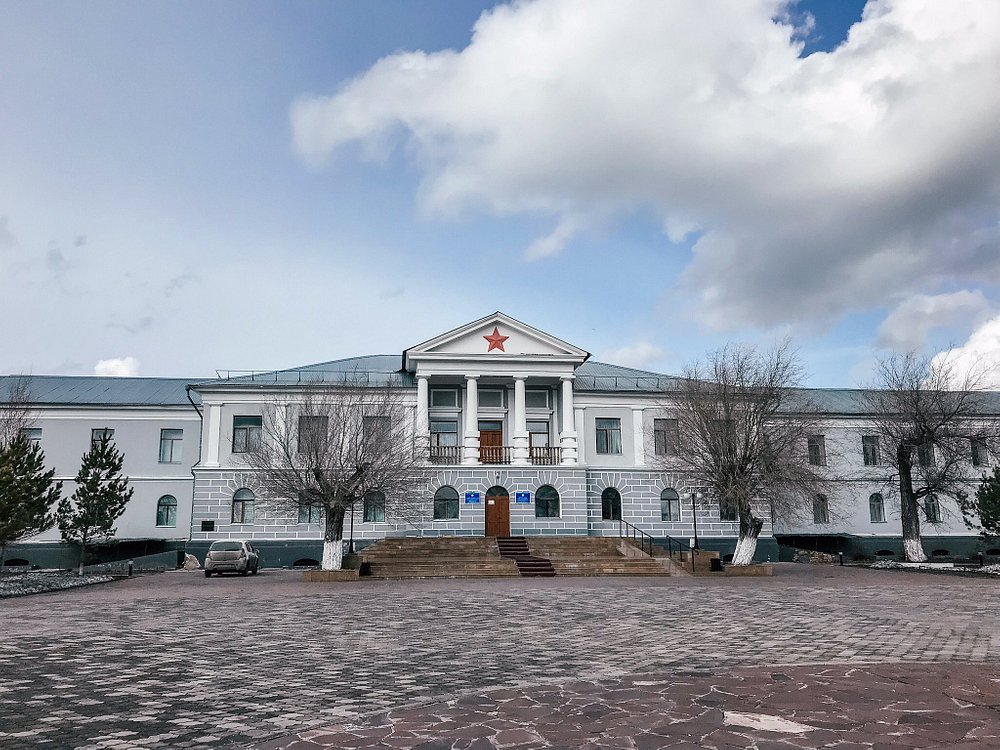
The Museum of Political Repression Victims’ Memory of the Dolinka Settlement, also known as the KarLag Museum, is a poignant and historically significant institution located in the Dolinka Settlement, Karaganda Region, Kazakhstan. This museum stands as a powerful reminder of the dark era of political repression under the Soviet regime, particularly the operations of the Karaganda Corrective Labor Camp (KarLag), one of the largest labor camps in the Soviet Gulag system.
Established in 2001 by the decree of the First President of Kazakhstan, Nursultan Nazarbayev, the museum was initially housed in the former clinic for civilian employees of KarLag. In 2010, it was relocated to the historic building of the former KarLag Administration, constructed by thousands of prisoners between 1933 and 1935 in the style of Stalinist neoclassicism.
The museum’s exhibitions are spread across 17 halls, covering a total area of over 2,000 square meters. They delve into various aspects of political repression, including the history of KarLag, the famine in Kazakhstan during the 1920s and 1930s, the deportation of entire ethnic groups, and the lives of women and children in the camps. One of the most impactful sections is the meticulously recreated detention facility, complete with punishment cells, torture chambers, and men’s and women’s cells, all accompanied by wax figures that bring the grim reality of the camp to life.
The museum’s collection includes over 15,000 exhibits, with more than 6,000 authentic artifacts. These include personal items of prisoners, tools, household items, and artworks created within the camp. Unique items such as a prisoner’s diary, newspapers from the 1930s, and Soviet-era propaganda materials provide a vivid glimpse into the past.
In addition to its exhibitions, the museum serves as a research center for the history of political repression. It hosts educational programs, conferences, and events to promote awareness and remembrance. The museum also collaborates with international institutions, such as hosting visits from academic delegations, furthering its mission to educate and inform.
The Museum of Political Repression Victims’ Memory of the Dolinka Settlement is not just a repository of history; it is a place of reflection and remembrance, offering visitors a profound understanding of the human cost of political repression. It stands as a testament to the resilience of those who suffered and serves as a reminder of the importance of justice and human rights.




































